Sustainable Minimalism: How to Declutter Your Life Without Sacrificing Style
)
Sustainable minimalism combines the minimalist philosophy of "less is more." It is about making environmentally responsible choices. It’s not just about having fewer items; it’s about choosing items that serve a purpose, bring joy, and are made sustainably. This approach helps reduce waste, lowers your carbon footprint, and creates a serene, stylish environment that reflects your values. Don’t miss these 10 steps to embrace sustainable minimalism:

When decluttering, be intentional about what you keep. Ask yourself if each item serves a purpose, brings joy, or aligns with your sustainable values. Use the "one-in, one-out" rule: for every new item brought into your space, remove one existing item. This practice helps maintain balance and prevents future clutter.

Before discarding items, consider whether they can be repurposed or upcycled. An old wooden crate can be transformed into a chic storage solution, or worn-out clothes can be turned into cleaning rags. Repurposing reduces waste and gives new life to items that might otherwise be discarded.

Opt for fewer, high-quality pieces that are durable and timeless. When buying new items, consider their longevity, versatility, and the environmental impact of their production. Investing in quality often means items will last longer, saving you money and reducing the need for frequent replacements.
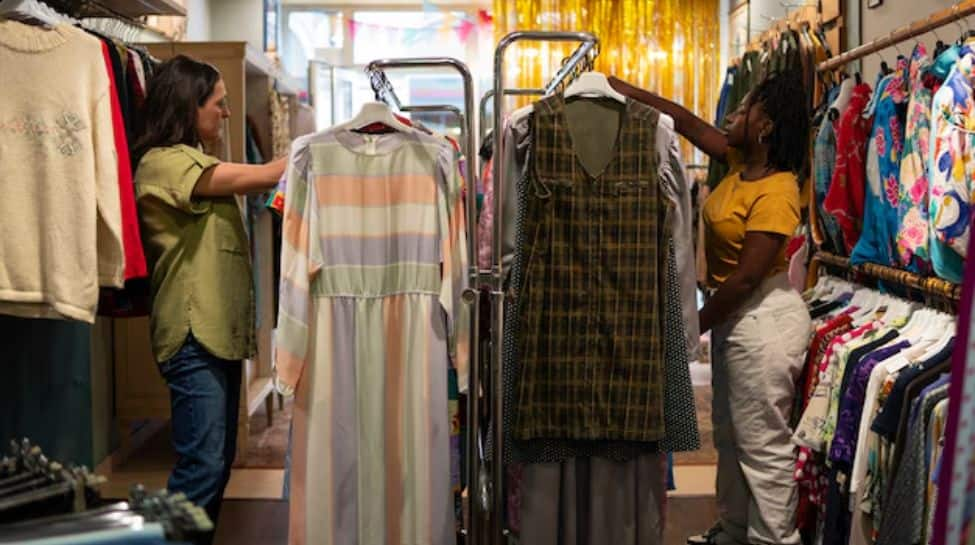
Thrift stores, vintage shops, and online marketplaces are great places to find unique, stylish items that are pre-loved and eco-friendly. Shopping second-hand not only saves money but also reduces demand for new production, which can be resource-intensive and environmentally damaging.

Before diving into decluttering, visualize what you want your space to look and feel like. Consider how you want your home to serve you—whether it’s a calming retreat, a functional workspace, or a place to entertain. Your vision will guide your decluttering process and help you make mindful decisions about what to keep and what to let go of.
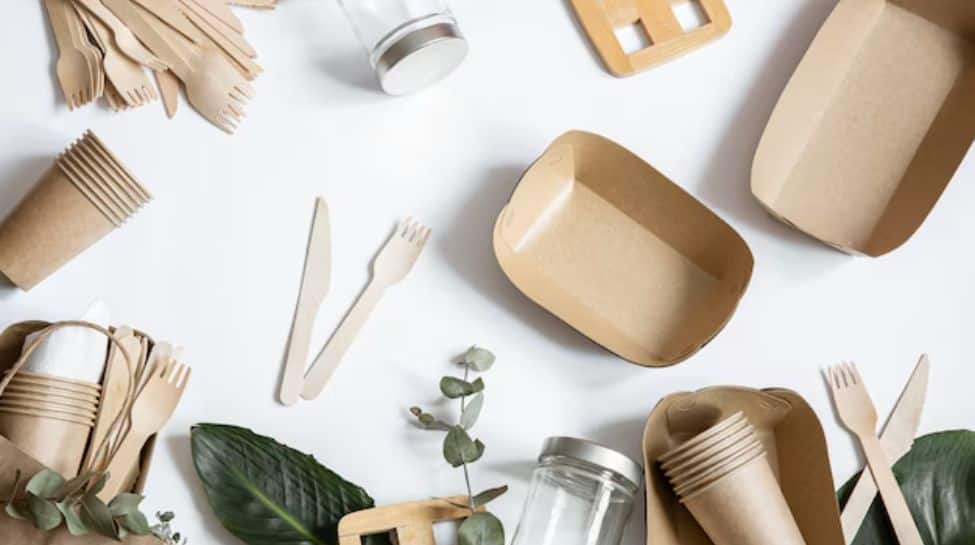
When adding new items to your home, choose sustainable materials like bamboo, recycled metals, organic cotton, and reclaimed wood. These materials have a lower environmental impact and are often more durable than their conventional counterparts.
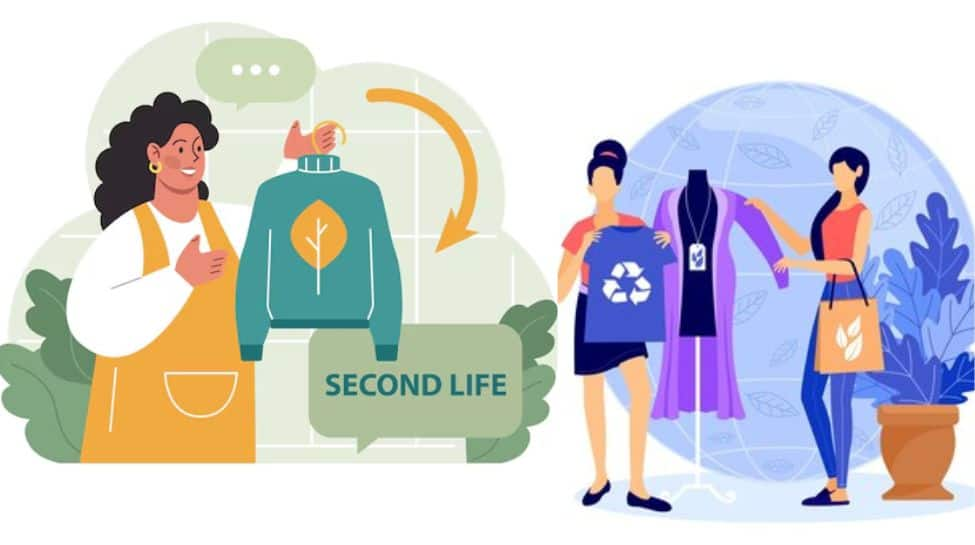
Sustainable minimalism is not just about decluttering but also about changing your consumption habits. Avoid impulse purchases by taking time to consider whether you truly need an item. Create a list of essentials and stick to it when shopping to avoid unnecessary buys.

A capsule wardrobe is a collection of versatile, high-quality clothing pieces that can be mixed and matched. This concept encourages you to keep only what you love and wear regularly, reducing clutter and simplifying your daily routine. Focus on timeless styles, neutral colors, and versatile pieces that align with your personal style.

Sustainable minimalism also extends to your digital life. Clear out old emails, unsubscribe from unnecessary newsletters, and organize your files. Reducing digital clutter can help you feel more organized and less overwhelmed, contributing to overall mental well-being.
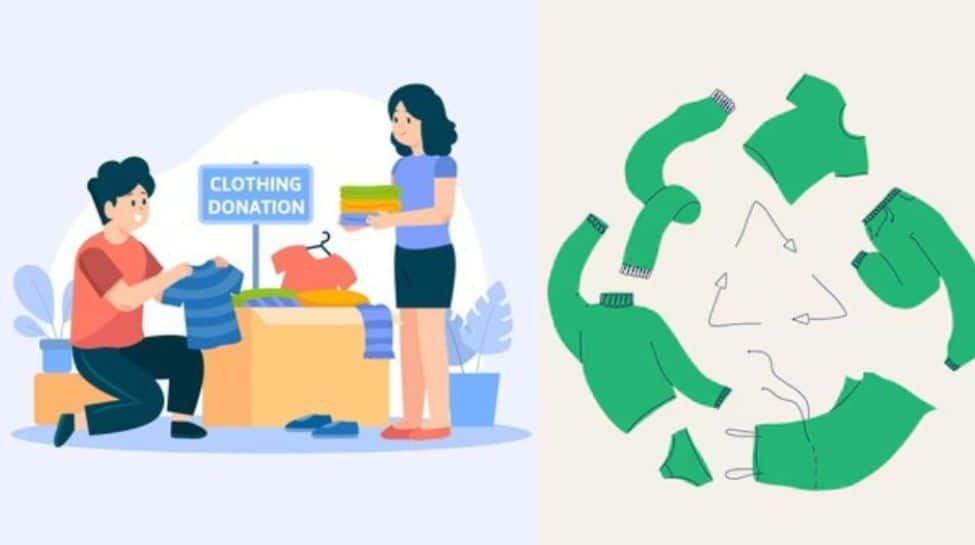
Instead of throwing away items, donate them to charities, shelters, or friends who might benefit from them. For items that can’t be reused, look for recycling programs that accept electronics, clothing, and other specific materials.
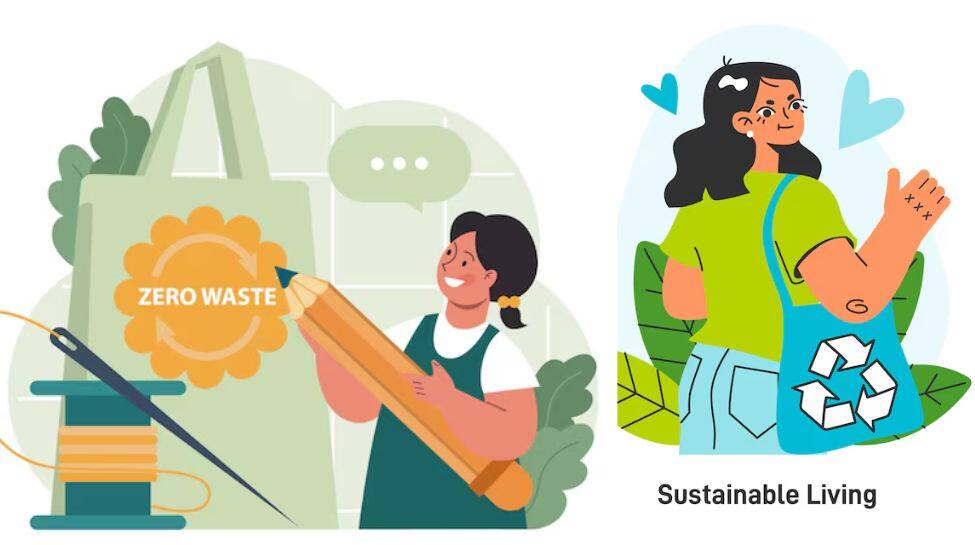
Embracing sustainable minimalism is an ongoing process. Regularly assess your belongings and be mindful of what you bring into your home. Continue making intentional choices that align with your values, and remember that sustainable minimalism is about progress, not perfection.
Image Credit: Freepik

